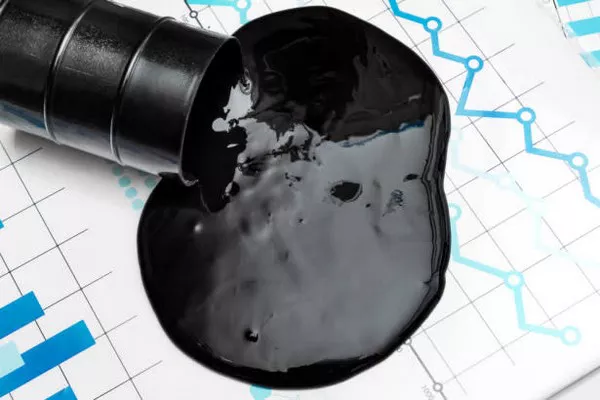In the realm of commodities trading, futures contracts serve as vital instruments for investors to speculate on the future price movements of various assets, including oil. Understanding the intricacies of futures contracts is essential for traders looking to navigate the complex world of commodities markets. In this article, we aim to shed light on the value of one point in oil futures, providing insights into how fluctuations in oil prices impact the profitability and risk management of futures trading.
Exploring the Basics of Futures Contracts
Futures contracts are standardized agreements to buy or sell a specified quantity of an underlying asset at a predetermined price (the futures price) on a specified future date. In the context of oil, futures contracts typically represent a certain volume of crude oil and are traded on commodity exchanges such as the New York Mercantile Exchange (NYMEX) or the Intercontinental Exchange (ICE). These contracts serve as a means for producers, consumers, and speculators to hedge against price fluctuations or profit from anticipated price movements in the oil market.
Value of One Point in Oil Futures
The value of one point in oil futures is determined by the tick size or minimum price fluctuation allowed for a futures contract. For most oil contracts traded on major exchanges, such as the NYMEX WTI oil futures contract, the tick size is $0.01 per barrel. Therefore, a one-point move in the price of a futures contract equates to a change of $0.01 in the price of oil per barrel.
Calculating the Monetary Impact
To understand the monetary impact of a one-point move in oil futures, it’s essential to consider the contract size or the number of barrels represented by a single futures contract. For instance, the standard size of a NYMEX WTI oil futures contract is 1,000 barrels. Therefore, a one-point move in the price of a futures contract would result in a profit or loss of $10 (1,000 barrels x $0.01) per contract.
Risk Management Implications
The value of one point in oil futures has significant implications for risk management strategies employed by traders. Given the inherent volatility of oil prices, traders must carefully assess their exposure to price movements and implement risk mitigation techniques to protect their capital.
One commonly used risk management tool is the use of stop-loss orders, which automatically trigger the sale of a futures contract if the price reaches a predetermined level. By setting stop-loss orders based on the value of one point in oil futures, traders can limit potential losses and preserve capital in the event of adverse price movements.
Profit Potential and Trading Strategies
Understanding the value of one point in oil futures is crucial for devising profitable trading strategies. Traders may seek to capitalize on short-term price fluctuations by executing trades based on technical analysis indicators or market sentiment.
Additionally, traders may employ spread trading strategies, which involve simultaneously buying and selling futures contracts with different expiration dates or related commodities. By exploiting price differentials between futures contracts, traders can potentially profit from changes in the term structure of the oil market.
Market Factors Affecting Oil Futures Prices
Several factors influence the price of oil futures, thereby impacting the value of one point in these contracts. Geopolitical tensions, supply-demand dynamics, macroeconomic indicators, and weather patterns all play a role in shaping oil prices.
For example, geopolitical events such as conflicts in major oil-producing regions or sanctions imposed on oil-exporting countries can disrupt supply chains and lead to price volatility in the oil futures market. Similarly, changes in global economic conditions, such as GDP growth rates or inflation levels, can affect oil demand and subsequently influence oil prices.
Conclusion
In conclusion, the value of one point in oil futures is a fundamental concept that traders must grasp to navigate the intricacies of commodities trading effectively. By understanding how price fluctuations in oil futures contracts translate into monetary gains or losses, traders can devise informed trading strategies, manage risks prudently, and capitalize on opportunities in the dynamic oil market.
As oil remains a key driver of global economic activity, oil futures will continue to play a crucial role in facilitating price discovery and risk management for market participants. With a solid understanding of the value of one point in oil futures and the factors influencing oil prices, traders can enhance their profitability and resilience in the ever-evolving commodities markets.


